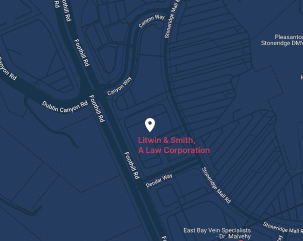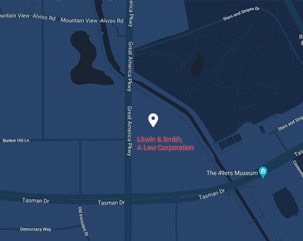The registration period for the H-1B has ended, and the application period for chosen registrants is fast approaching. Now is the time to start considering one of the biggest hurdles many applicants face: Requests for Evidence, or RFEs. While many well-prepared applicants never receive an RFE, those who submit their applications without expert assistance may receive these requests and put their visas at risk.
RFEs have become increasingly common over the past decade. According to information released by USCIS, the percentage of work visa petitions completed with Requests for Evidence has nearly doubled, rising from 22% in 2016 to 40% in 2020. In addition, these requests have become significantly more time-consuming to fulfill as USCIS adjudicators have begun issuing boilerplate RFEs that do not address the specific issues with individual petitions.
Theoretically, USCIS has a policy against these overly broad RFEs, but the policy has not been enforced heavily in recent years. As such, H-1B applicants must understand how to best avoid an RFE is possible and how to respond to a broad-brush RFE if one is issued.
USCIS Policy Recommends Against “Broad-Brush” Requests for Evidence
The purpose of USCIS is to facilitate immigration efficiently and in accordance with federal law. As such, the goal of USCIS adjudicators should be to provide specific and clear instructions in RFEs to minimize the long-term demands on visa applicants and the agency itself.
This was specifically outlined in a USCIS policy memorandum issued in 2005. The memo, titled “Requests for Evidence (RFE) and Notices of Intent to Deny (NOID),” states that “‘Broad brush’ RFEs tend to generate “broad brush” responses (and initial filings) that overburden our customers, over-document the file, and waste examination resources through the review of unnecessary, duplicative, or irrelevant documents.” It explains that instead, “a limited, specific RFE should be sent,” which describes “what is required in a comprehensible manner so that the filer is sufficiently informed.”
Today, the opposite seems to occur. While the memorandum recommends against using templates or broad-brush RFEs, many USCIS adjudicators appear to send general, even generic requests that make it difficult for recipients to adequately respond. This not only extends the application process but can also lead to some applicants being unfairly denied due to a lack of clarity regarding the information they need to provide.
Responding to Broad-Brush RFEs
Until USCIS begins enforcing its policies regarding the specificity of an RFE, it falls to applicants to ensure that overly broad requests are answered appropriately. There are several general reasons you may be issued an RFE:
- Lack of documentation from the employer regarding fair working conditions
- Unsatisfactory proof of an employer-employee relationship
- Insufficient evidence of education or qualifications for the position
- Inadequate proof of part experience
In each of these situations, USCIS requires more information before it can make an informed decision regarding the applicant’s eligibility for a visa. You must collect and submit additional information and documentation that meets USCIS standards as evidence, or the application will not be approved.
Furthermore, while simply receiving an RFE does not mean that an applicant will be denied, failing to respond appropriately or on time all but guarantees a denial. As such, you must respond to RFEs within the time limit stated upon the request, or you may lose your opportunity to receive an H-1B visa.
The problem with overly general RFEs is that they make it difficult for applicants to tell how their initial submission was lacking. The best solution is to consult an experienced employment immigration attorney who understands USCIS expectations. They can review your initial application, compare it to the RFE you received, and help you identify the additional documents you must provide to fulfill the request before the deadline.
Seek Expert Legal Counsel to Respond to H-1B Visa RFEs
The most effective way to respond to any RFE is to consult with a skilled immigration attorney, such as the expert immigration attorneys at Litwin & Smith. Our knowledgeable lawyers are available to guide you through submitting a prompt and accurate response and minimizing the risk of having your application denied. We also provide skilled legal counsel for applicants seeking to avoid an RFE. Learn more about how we can assist you in your H-1B application by contacting our expert employment immigration law firm today.

